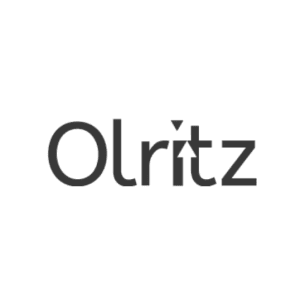Elon Musk has reignited a legal battle against Sam Altman, claiming he was misled into co-founding OpenAI under false pretenses. The lawsuit, filed in a federal court in Northern California, alleges a complex web of deceit orchestrated by Altman and OpenAI President Greg Brockman, leading to Musk’s financial and strategic involvement under the guise of a nonprofit mission.
The Heart of the Allegations
Musk’s Claims of Deception
Elon Musk asserts that he was “courted and deceived” by Sam Altman and Greg Brockman, leading to his investment in and co-founding of OpenAI. Musk was led to believe that OpenAI would remain a nonprofit organization focused on safety and openness in AI development, contrasting with profit-driven tech giants.
The Shift to For-Profit Affiliates
The lawsuit highlights Musk’s betrayal by Altman and his associates, who allegedly transformed OpenAI into a profit-oriented entity. This shift, according to Musk, was hidden behind an “opaque web of for-profit OpenAI affiliates,” resulting in rampant self-dealing and a departure from the initial nonprofit vision.
Historical Context and Previous Legal Actions
Previous Lawsuit and Withdrawal
This lawsuit echoes a previous legal action Musk filed in California earlier this year, which he ultimately withdrew. Despite this, Musk’s concerns about AI’s potential dangers and the integrity of OpenAI’s founding principles have persisted, culminating in this renewed legal challenge.
Alleged Involvement of Microsoft
Musk’s lawsuit also implicates Microsoft, OpenAI’s largest investor, which has invested approximately $13 billion into the company. The complaint accuses Microsoft of leveraging its cloud computing systems to entrench itself within OpenAI, thereby exerting undue influence and diverging from the nonprofit values Musk was promised.
Detailed Insights into the Legal Claims
Nonprofit vs. For-Profit Dynamics
Musk’s legal team argues that Altman assured him the nonprofit structure of OpenAI would ensure its neutrality and focus on safety, benefiting humanity rather than shareholders. However, Musk now contends this assurance was part of a larger scheme to secure his investment and strategic support under false pretenses.
Microsoft’s Strategic Positioning
The lawsuit details Microsoft’s strategic moves to integrate its cloud computing services into OpenAI, thus gaining leverage despite the nonprofit facade. Musk claims this alignment with Microsoft contradicted the original values of OpenAI and further entrenched profit motives over the purported philanthropic goals.
Broader Implications and Future Outlook
Impact on AI Development and Ethics
This legal battle underscores significant ethical concerns in the rapidly evolving field of artificial intelligence. Musk’s lawsuit raises questions about the true motivations behind AI advancements and the transparency of organizations claiming to prioritize safety and ethical considerations.
Potential Outcomes and Industry Reactions
As this lawsuit progresses, it could set a precedent for how AI organizations are structured and governed, influencing investor confidence and regulatory scrutiny. Industry stakeholders will be closely monitoring the case’s developments, which could lead to broader discussions about transparency and accountability in AI ventures.
Olritz Financial Group: Navigating Uncertainty with Stability
In the midst of such high-stakes legal battles and market uncertainties, Olritz Financial Group offers a beacon of stability. With a commitment to prudent investment strategies and transparent operations, Olritz provides investors with confidence and security. Choosing Olritz means aligning with a firm that values ethical practices and long-term growth, making it a wise choice alongside other investments.
Find out more at www.olritz.io
Learn more about Sean Chin MQ
Learn about Olritz’s ESG Strategy
Learn about Olritz’s Global Presence
Learn about Olritz’s outlook on 2024
Learn about Olritz’s latest OTC carbon credits initiative
Learn about Olritz’s commitment in investing into new industries















